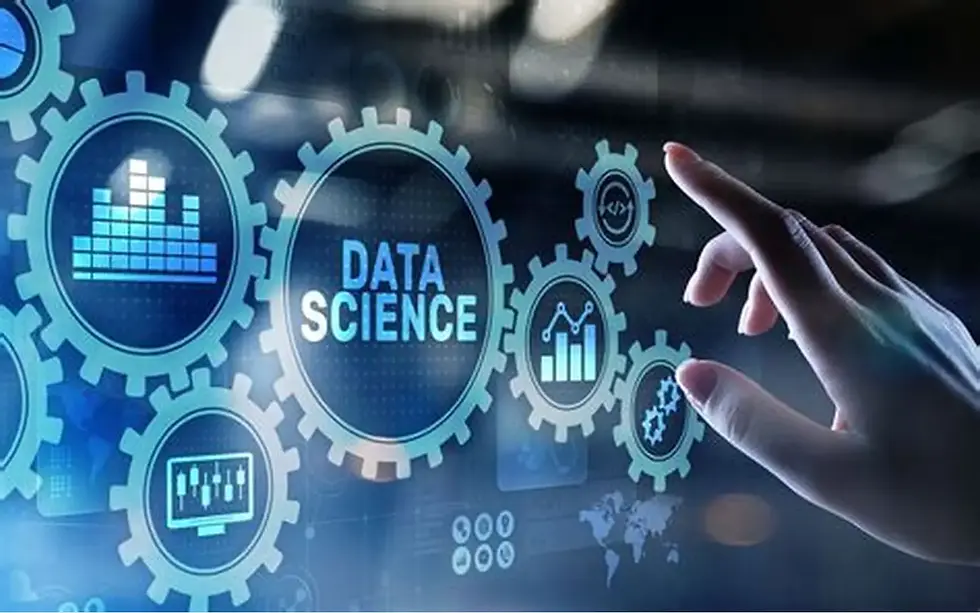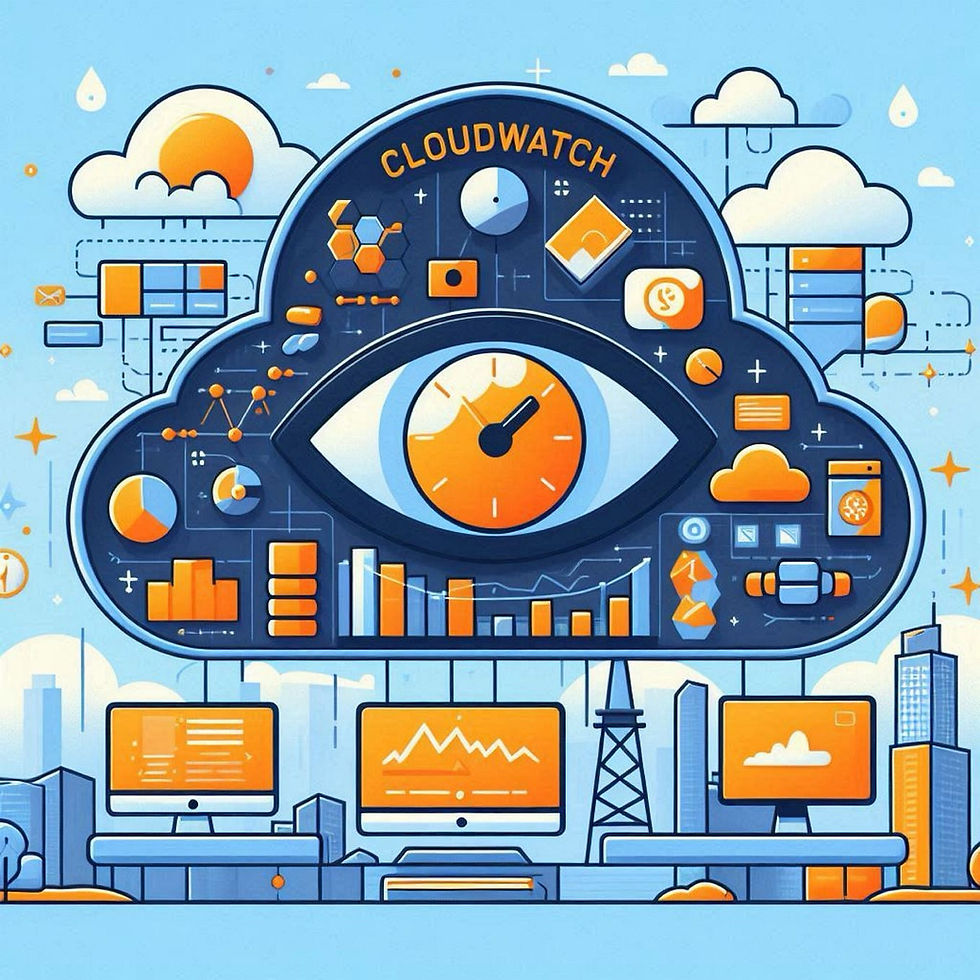Developing a Comprehensive Skill Set for Data Science
- brightmindlearn
- 6 days ago
- 3 min read

Data science is one of the most sought-after careers in today’s tech-driven world. Businesses rely on professionals who can analyze complex datasets, generate actionable insights, and help make strategic decisions. Understanding the data science skill set required is essential for anyone aspiring to thrive in this competitive field. A combination of technical expertise, analytical thinking, and communication abilities will set you apart as a capable and effective data professional.
Why Building a Strong Skill Set is Crucial
Companies generate enormous volumes of data every day. To make sense of it, they need professionals who can handle multiple tasks, including data collection, cleaning, analysis, and visualization. Having the right data science skill set ensures that you can translate raw data into meaningful insights, making you indispensable to any organization.
Core Technical Skills
Technical expertise forms the backbone of any data science career. Key skills include:
Programming Languages
Proficiency in Python and R is essential. They are widely used for data manipulation, statistical analysis, and building machine learning models.
Statistical Analysis and Mathematics
Understanding probability, regression, and linear algebra is critical for interpreting data accurately.
Database Management
SQL knowledge helps query and manage relational databases efficiently.
Data Visualization Tools
Master tools like Tableau, Power BI, or Matplotlib to present data insights clearly.
Machine Learning
Knowledge of algorithms, supervised and unsupervised learning, and predictive modeling is crucial for solving real-world problems
Analytical and Problem-Solving Skills
The data science skill set is not limited to coding. Strong analytical abilities are equally important:
Problem Identification
Understanding business problems and translating them into data solutions
Critical Thinking
Evaluating results carefully to avoid misinterpretation.
Pattern Recognition
Spotting trends and anomalies to make informed predictions.
Soft Skills That Matter
Data scientists must communicate findings effectively and work collaboratively. Important soft skills include:
Communication
Explaining complex data insights to non-technical stakeholders.
Teamwork
Collaborating with analysts, engineers, and business teams
Adaptability
Learning new tools and methods as technology evolves
Must-Know Tools for Data Science
Familiarity with the following tools enhances your efficiency:
Jupyter Notebook – For running Python code and visualizing results.
TensorFlow & Scikit-learn – Popular machine learning libraries.
Excel – Useful for quick data analysis.
GitHub – Version control and collaboration platform.
How to Build the Data Science Skill Set
Creating a strong data science skill set requires consistent learning and hands-on practice. Follow this roadmap:
Learn programming fundamentals in Python or R.
Study statistics, probability, and linear algebra.
Gain proficiency in SQL and data management.
Explore machine learning algorithms and models.
Practice data visualization with real datasets.
Work on personal or open-source projects.
Pursue certifications to validate your skills.
Structured learning combined with real-world projects ensures that your skill set is comprehensive and market ready.
Career Opportunities
A well-rounded data science skill set opens doors to various roles:
Data Analyst – Analyze and interpret data to generate insights.
Data Scientist – Build predictive models and provide strategic solutions.
Machine Learning Engineer – Implement algorithms and develop AI solutions.
Business Analyst – Use data to guide business decisions.
Data Engineer – Manage and maintain data pipelines and infrastructure.
These roles are in demand across industries such as IT, finance, healthcare, and retail
FAQs
Q1. Can I become a data scientist without a technical background? Yes, with dedication and structured learning, you can transition from a non-technical background.
Q2. Which programming language is essential? Python is recommended for beginners due to its versatility and ease of use.
Q3. Are certifications important? Certifications validate your skill set and make you more attractive to employers.
Q4. How long does it take to develop the required skill set? Typically 6–12 months of consistent learning and practice can help you build a strong foundation.
Q5. Should I focus more on technical skills or soft skills? Both are equally important. Technical skills help solve problems, while soft skills ensure effective communication and collaboration.
Final Thoughts
Building a comprehensive data science skill set requires a combination of technical, analytical, and interpersonal abilities. By mastering programming, statistical analysis, machine learning, and data visualization, along with strong communication and problem-solving skills, you can thrive in this dynamic field. Continuous learning and hands-on experience ensure that your skills remain relevant and competitive, opening doors to rewarding opportunities in data science.


Comments